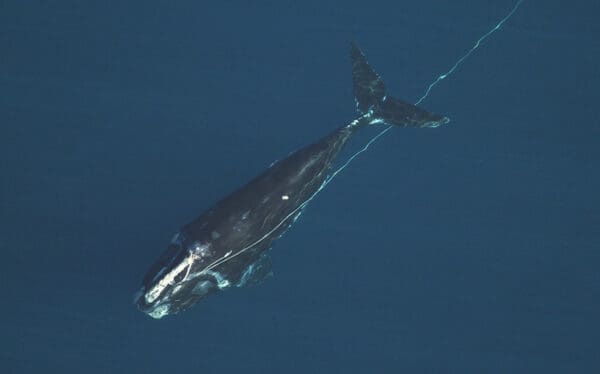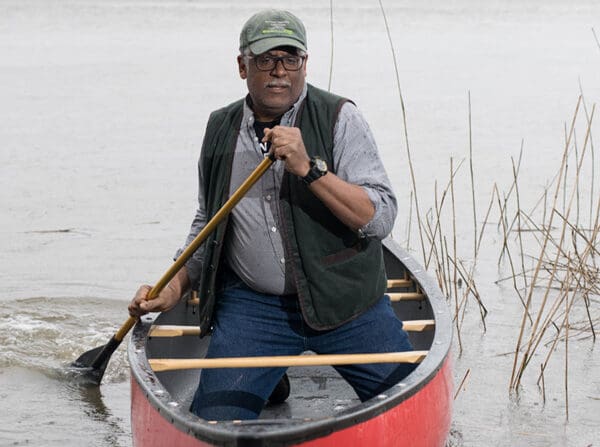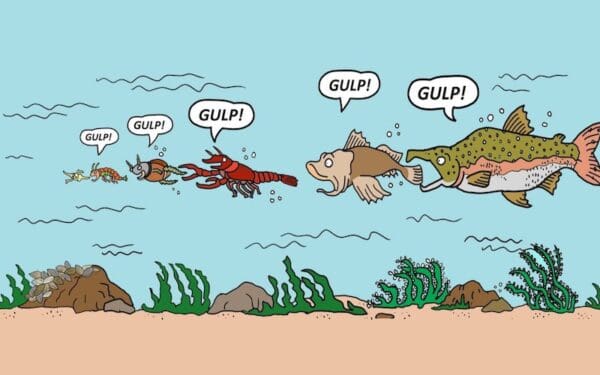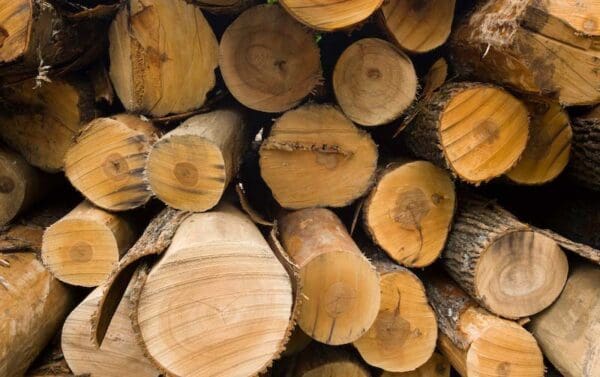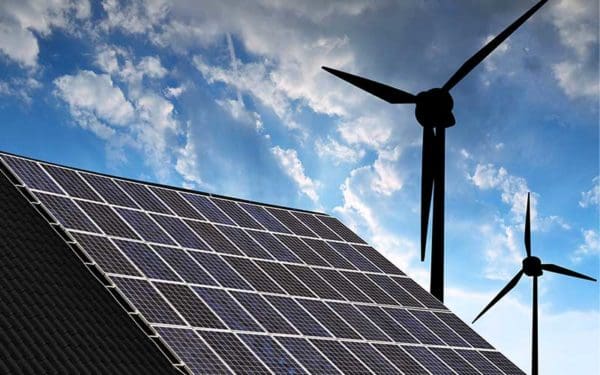Feb 27, 2023
A colorful bobbing buoy is an iconic part of New England’s visual identity, a symbol of fresh-caught seafood and days spent by the water. But all those buoys can pose a danger to marine life. The thick vertical lines that connect buoys to lobster traps on the seafloor can entangle whales, causing grievous injuries and… Continue reading The Truth about Ropeless Fishing Gear
Feb 24, 2023
We spoke with Fred Tutman, Patuxent Riverkeeper, about his experiences as the nation’s only Black Waterkeeper –and the challenges and triumphs of diversifying the fight for clean water.
Feb 13, 2023
New England is no stranger to ice storms, of course, and the Texas power grid is very different from ours. But we can still heed lessons from the Texas crisis – especially as we look at the future pressures our grid will face because of our changing climate.
Feb 10, 2023
A new graphic novel for kids explores how and why blue green algae break out on Vermont’s Lake Champlain.
Feb 09, 2023
Wood biomass electricity delays our transition to clean energy that won’t spew pollution and damage our climate.
Feb 07, 2023
As a skiing enthusiast, New England’s snowy slopes are my winter haven. But climate change is threatening them, and so much more.
Feb 02, 2023
We’re pushing our electric grid operator to be a champion for clean energy.
Feb 01, 2023
The gas industry is trying to convince us that electric stoves are inferior to gas stoves. But we’ve got the facts that make electric stoves sizzle with potential.
Feb 01, 2023
“We must reform Vermont’s renewable energy rules if we’re serious about meeting our climate goals and slashing dangerous pollution in our communities,” said CLF attorney Chase Whiting. “A portion of our electricity comes from out-of-state fossil fuel plants that pollute communities’ air, destroy our planet, and take hard-earned money from Vermonters. This is unacceptable. It’s time to update these rules to ensure our electricity comes from new clean energy sources like wind and solar, especially those that bring new jobs to Vermont.”
Jan 31, 2023
The climate crisis is already affecting our lives. From floods to extreme heat, to lack of consistent snow on our mountains, these changing conditions are affecting our health, our homes, our livelihoods and our treasured pastimes here in Vermont.
The state’s Global Warming Solutions Act and environmental justice laws are a great start. They are already having an impact on the ground. Now is the time to build on these successes and go further to protect our communities.
